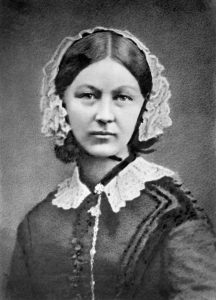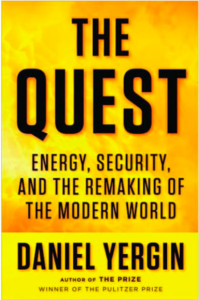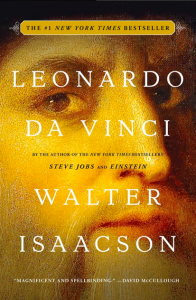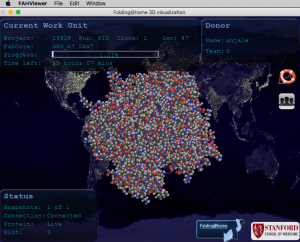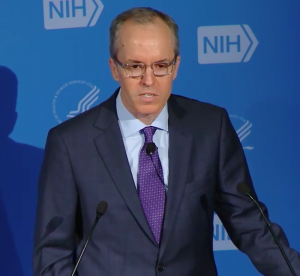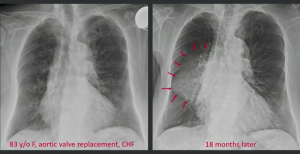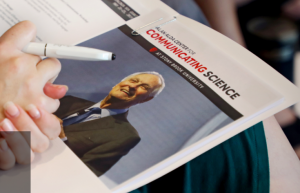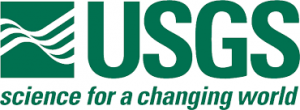
How many of us have a clean desk, uncluttered mind, and regular routine as we pursue projects?
In the 1880s, an Australian student named Richard Hodgson had the opportunity to study philosophy and literature at St. John’s College College, Cambridge (in the United Kingdom). It was a big investment in time and money to move from Australia to England, so he was determined to make the most of his chance. His recounted daily schedule:
He rose at 7:30am every morning, having the same breakfast of an egg, milk, bread and tea at 8am. For an hour he read. From 9am-noon, he wrote essays (his school assignments) or attended class. At noon, he ate a lunch of bread and tea. He then read until 3:45pm. He then played tennis before having a snack. Post-snack, it was additional workouts: weights, fencing, or boxing. His 9pm dinner consisted of bread, eggs, and tea. Following dinner, he read poetry until his 11:30pm bedtime.
In a letter to a friend, he commented on his routine, saying: “regularity for the organism is everything”
Of course, there was no radio, TV, or internet to distract him. But he avoided reading the daily newspaper or other magazines, never went to gambling parlors (where people played cards and socialized), bars (where other students often spent time), and coffee shops (which he presumably regarded as a waste of time or distracting).
How much of today’s life (supposedly better) takes us away from our important life goals? Today’s clutter include myriad food choices to select from (and the required time to pick up and wait for food), filling idle time with whatever is on the internet or streaming video (instead of devoting time to goal-directed reading). Mr. Hodgson never had time to be bored because his routine was dedicated to his singular goal of learning as much as possible. Note his dedication to physical fitness in the 1880s. Mens sana in corpore sano.
What is your academic (or other life) goal? How much time do you dedicate toward this goal on a daily basis? How much time is wasted on things that don’t help you accomplish your goal (video games, deciding what to eat, checking your phone)?
Recounted by Deborah Blum, professor of science journalism, University of Wisconsin

